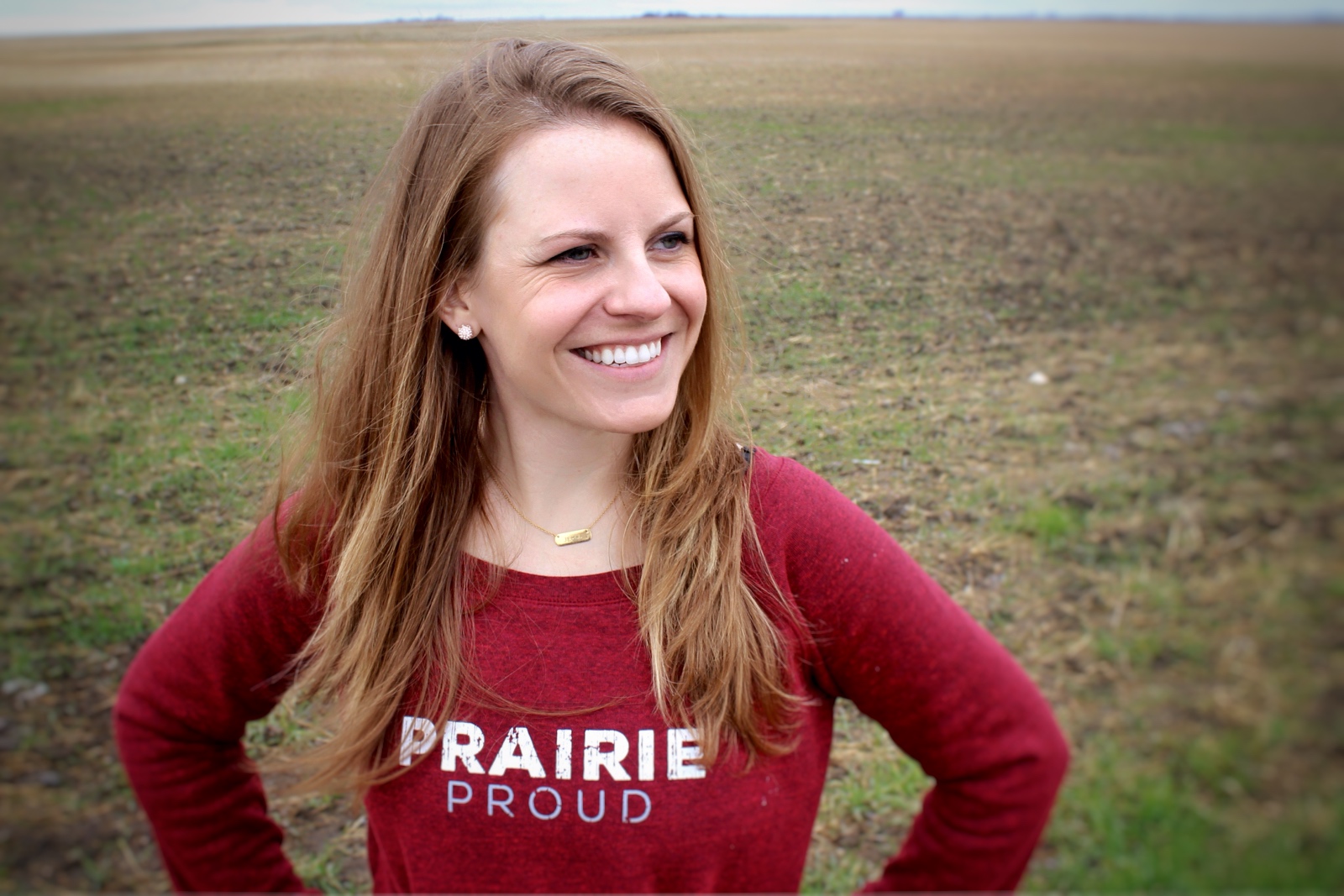“The world needs to eat less meat to save the planet!”
“Eating less meat is the best thing you can do for the planet.”
“Want to save the environment? Eat less meat!”
These three quotes are headlines to international publications which are conveying a movement around the world to convince people to consume less meat and instead eat a plant based diet. Although there is truth to the fact that cattle emit a large portion of greenhouse gasses, society does always read the full story when it comes to agriculture's part in saving the planet.
Why do people believe that cattle are part of the problem for global warming? Cows release methane, methane is more concerning than carbon dioxide when it comes to the spectrum of climate change. According to the Intergovernmental Panel on Climate Change, methane traps heat 28 times more than CO2.
Lesley Kelly, a farmer and blogger in Saskatchewan, did her own research and took the time to share to the world the truth behind what little help cutting meat out of your diet will truly do.
Kelly`s post read, “Contrary to recent headlines, giving up meat won’t save the climate or even make a significant difference to climate change. According to the University of California, Davis, if Americans were to eat the plant-based burger instead of the beef burger on Meatless Monday every week for a year it would only be a reduction of 0.3% in emissions. If I were to go full vegan for a year, I would reduce 0.8 tonnes of greenhouse gases.
She goes on to share that compared to a round trip flight from the US to Europe, which emits 1.6 tonnes of emissions, becoming vegan for a year would only reduce half the impact of a single flight across the ocean.
When it comes to climate change, agriculture in Canada is the reason for 8% of the total greenhouse gas emissions. As for cattle, they cause a total of 2.4% of the GHG emissions.
Although agriculture adds to the greenhouse gas emissions the media is forgetting to highlight how much agriculture is helping the planet rid the earth of these emissions. Kelly shared that agriculture is adding a solution to climate change through soil.
“By managing soils for healthy crops and raising healthy livestock, soil can hold water, nutrients and capture carbon. As per the United Nations Intergovernmental Panel on Climate Change (IPCC), agriculture and forestry land use in the US currently takes in and captures more carbon than it emits.” Kelly’s post shared.
Her post later reads that not only is farmland capturing carbon but that pastureland is apart of the solution too, “Not all land is suitable for growing crops. Only 3.2% of Canada’s land can be used for growing crops, but cattle can inhabit and graze nonarable land. Pastureland used for grazing cattle in Canada removes greenhouse gases and stores the emissions of 3.62 million cars per year. Raising cattle has many environmental benefits such as soil replenishment, nutrient recycling, preservation of natural grasslands, and improving biodiversity and wildlife habitat. It’s pretty incredible that cattle can upcycle land, which is otherwise unproductive to humans, into protein-rich food for families while returning benefits to the land.”
Kelly only shared a few examples in her post of how agriculture is doing their part for the environment, but she added that many more farmers and ranchers are being more environmentally efficient.
Kelly shared her reasoning behind the post and why she wanted to share the information she found, “I wrote the post because of the recent headlines on climate change and agriculture being the leading cause and the notion that is being stated that if you eat less meat you will help the planet. I wanted to provide a different perspective, one that isn’t being shared.”
“I wanted to share from an agricultural perspective that we are doing some really great and amazing things, and also that it is really unfortunate that we are getting blamed for climate change. I want people to know that it is great to have choices; it’s great that we have a choice on how we farm and people have a choice in the food that they buy. I hope that their choice is based on real information and based on preferences.”
Kelly said that she hopes to open up the discussion for agriculture and climate change, “There is always more to the story than these click bait headlines and I hope that this encourages our industry to be apart of the climate change discussion because it is happening around us.”










